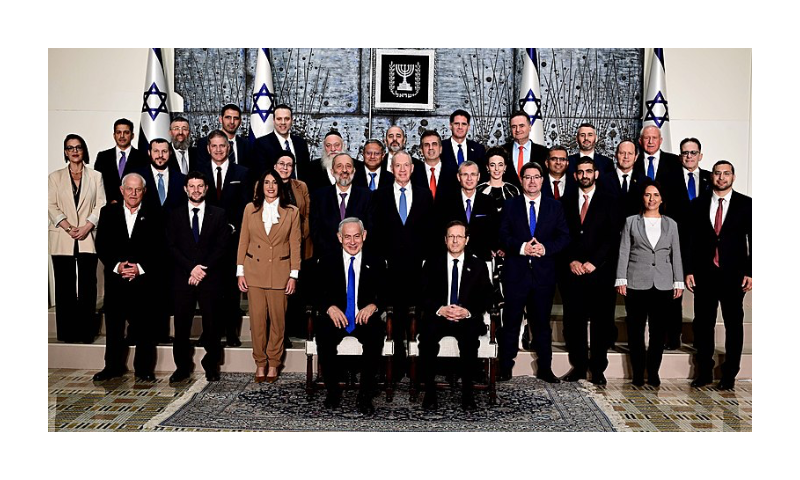Walter Russell Mead
WSJ, Jan. 9, 2023
“For now it is Saudi Arabia and the U.A.E., not the U.S., that Prime Minister Benjamin Netanyahu thinks about most as he struggles to balance the demands of his radical coalition partners with Israel’s national interests.”
As White House national security adviser Jake Sullivan prepares to visit Israel this month, he will encounter unexpected areas of strategic convergence between Israeli and American concerns. With Tehran’s utter rejection of Biden administration efforts for conciliation and its wholehearted embrace of Moscow, U.S. and Israeli views of Iran have become more aligned.
But even as the strategic gap has narrowed, the moral gap is widening. The new Israeli government’s positions—on settlements, the Palestinian Authority, secularism, amending the Law of Return and changing the balance of power between the Israeli Supreme Court and the Knesset—all run counter to Biden administration policy preferences as well as the deeply held social and cultural beliefs of many American liberals and Jews.
Already one Israeli minister has visited the holy site known to Muslims as the Haram Al-Sharif and to Jews as the Temple Mount. The new government has restricted the display of Palestinian flags on public land, withheld revenue from the Palestinian Authority, blocked Palestinian construction activity, and cut the travel privileges of Palestinian dignitaries. As tensions rise on the West Bank, Biden officials resent what they see as gratuitous Israeli actions that could set off another round of conflict.
Meanwhile, the entire Middle East is in flux. Higher energy prices have sent floods of cash into the region, boosting the confidence of local rulers. China is working to raise its economic and political profile in a region essential to its future. The United Arab Emirates, Turkey and Russia are looking to thwart U.S. policy in Syria, perhaps leading to the consolidation of Bashar al-Assad’s regime.
The diplomatic balance is changing in other ways. The long European romance with Iran is cooling as the regime’s brutality at home and its collusion with Russian aggression in Ukraine sour European hopes for profitable and peaceful relations with the mullahs. A massive scandal over alleged Qatari influence-peddling in the European Parliament has stunned the Brussels establishment and at least temporarily dented the ability of Qatari diplomats to lobby against Israel, against Israel’s conservative Arab allies, and for a policy of conciliation toward Iran. … [To read the full article, click here]


